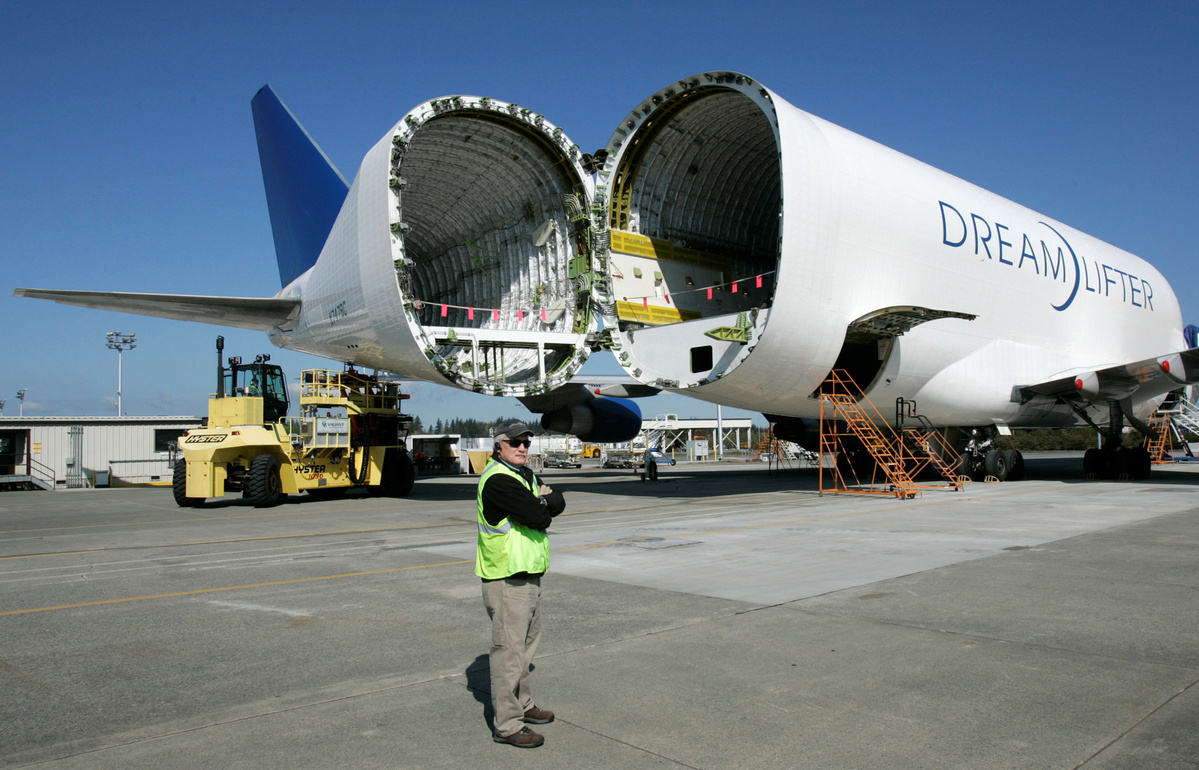Boeing says more freighters needed to support global supply chains, e-commerce expansion
Xinhua | Updated: 2020-11-18 09:38

SAN FRANCISCO -- Boeing on Tuesday released its biennial World Air Cargo Forecast (WACF), predicting demand for 2,430 freighters over the next 20 years, including 930 new production freighters and 1,500 freighters converted from passenger airplanes.
The forecast reflected COVID-19 impacts and opportunities as well as substantial long-term demand for freighters over the next two decades enabled by a rebound in global trade and long-term growth, the WACF said.
According to the new forecast, world air cargo traffic will grow at 4 percent per year over the next 20 years. This growth is influenced by trade and growing express shipments to support expanding e-commerce operations. With these developments and the proven need for dedicated freighter capacity to support the world's transportation system, the global air cargo fleet is expected to grow by more than 60 percent through 2039.
Asia will continue to lead the world in average annual air cargo growth, with domestic China and intra-East Asia and Oceania markets expanding 5.8 percent and 4.9 percent per year, respectively. The East Asia-North America and Europe-East Asia markets will grow slightly faster than the world average, according to Boeing.
"Freighter operators have been in a unique position in 2020 to meet market requirements for speed, reliability and security, transporting medical supplies and other goods for people and communities around the world," said Darren Hulst, Boeing's vice president of Commercial Marketing.
"Looking ahead, dedicated freighters will be even more critical to compete in air cargo markets; they carry more than half of air cargo traffic, and airlines operating them earn nearly 90 percent of air cargo industry revenue," he added.
























